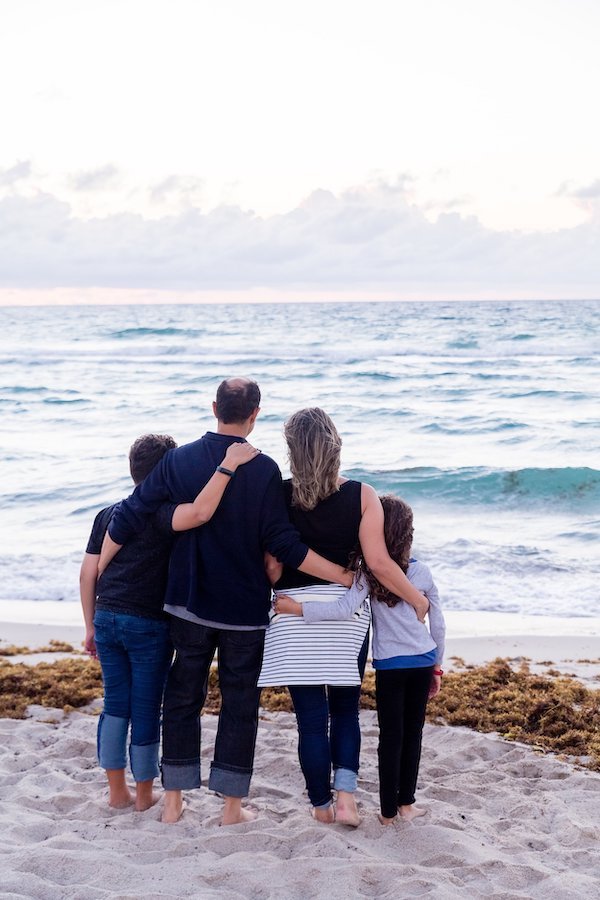Pregnancy and Infant Loss: How You Can Support Your Living Children
When you already have children, telling them you’re pregnant is an exciting and joyful experience. Most kids will be over the moon about the idea of becoming a big brother or big sister. Some might have some reservations about it, at first, but they’ll usually come around when they realize it gives them the chance to be more “grown-up.”
But, what do you do when your pregnancy doesn’t work out as planned? Or, what if you lose your child as an infant?
Pregnancy and infant loss is a crushing thing to go through, and no one will quite understand it the same way you do. However, keep in mind that your living children will be going through it, too.
Depending on their ages, you’ll have to support them in different ways. That can feel easier said than done when you’re grieving. Thankfully, you don’t have to handle it on your own. Let’s cover a few ideas that can make the process a bit easier to handle for your kids.
Help Them Understand
If you have young children at home, helping them understand the loss of your baby should always be the first step in working things through. Use language they understand and keep things simple in your explanation.
It’s not going to be easy for you to talk about, so don’t put a lot of pressure on yourself to say the “right” things. However, it’s important to be honest. You could say things like, “the baby was born too small.” Try to avoid telling your children that the baby is sleeping or had to go away. While it might seem like you’re sparing their feelings, it could end up confusing them and doing more harm than good.
If you’re truly not sure what to say, there are resources that can help. Look for books on loss and grief for children, and read them together. It can help to spark a conversation and your kids might be more inclined to ask questions that are easier to answer.
Ask How They Feel
When your children understand what the loss of an infant means, they’re going to deal with it in different ways. Whether you have young kids or even teenagers, it’s important to talk to them about how they feel.
Encourage them to open up and assure them that it’s okay to feel a certain way.
If they’re struggling to share their feelings, consider being more open with yours. When you show honesty and vulnerability, you’ll show your children that it’s okay to be sad. It’s okay to grieve. That’s an important lesson they’ll take with them well into adulthood.
Help Them Remember
It can help younger children through the grieving process if they know they don’t have to immediately let go of the loss. Ask your kids to help you think of ways to remember the baby. That might include letting them go to the cemetery with you to set out flowers or having them draw a picture that reminds them of the infant.
It’s important for children to know that death doesn’t mean someone is forgotten. Sometimes, the sudden loss of a sibling can lead children to become fearful about their own mortality. Assure them they are safe and aren’t going to die and reiterate (in appropriate terms) what happened to the baby to cause it to pass away.
Individual Counseling
Dealing with your own grief after an infant loss can feel overwhelming, and being strong for your living children will be one more obstacle to work through. But, you might find that in supporting your children through this difficult time, you can share your grief together, and end up supporting one another more than you might think. Pregnancy and infant loss therapy will help you to work through your own grief and will allow you to be more present to support those around you. I offer a 30-minute free consultation. Please reach out today!

